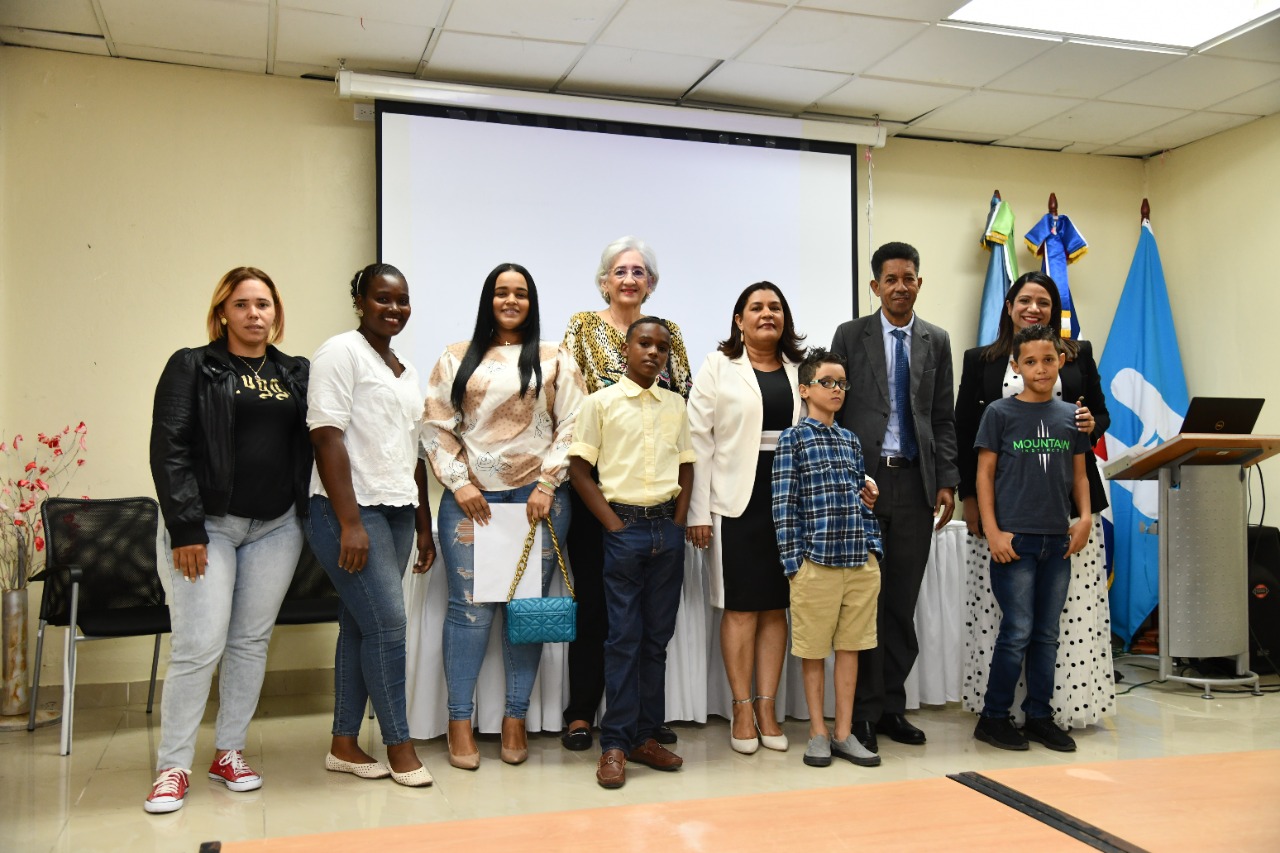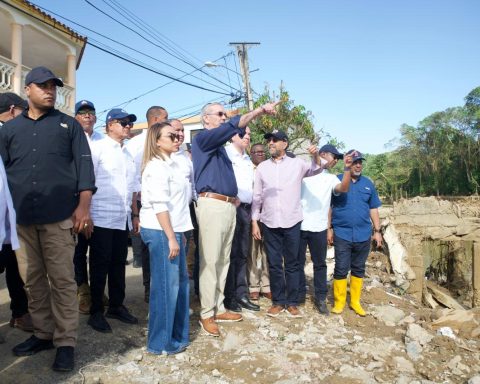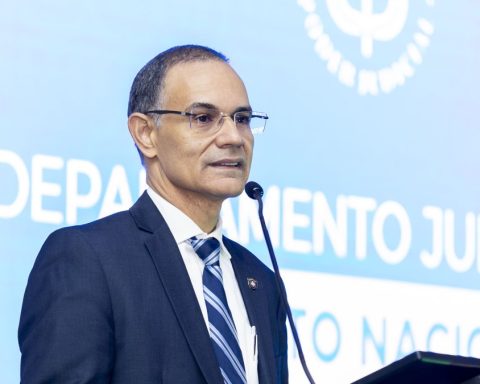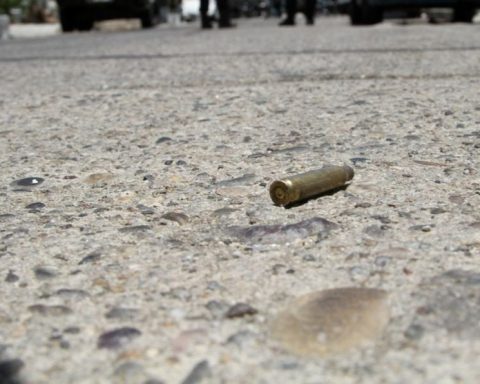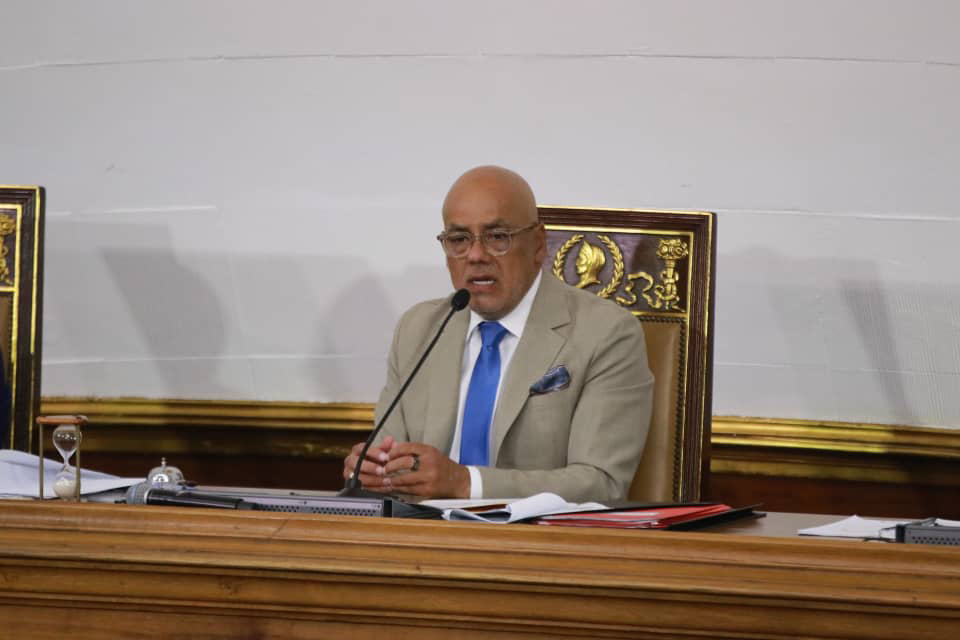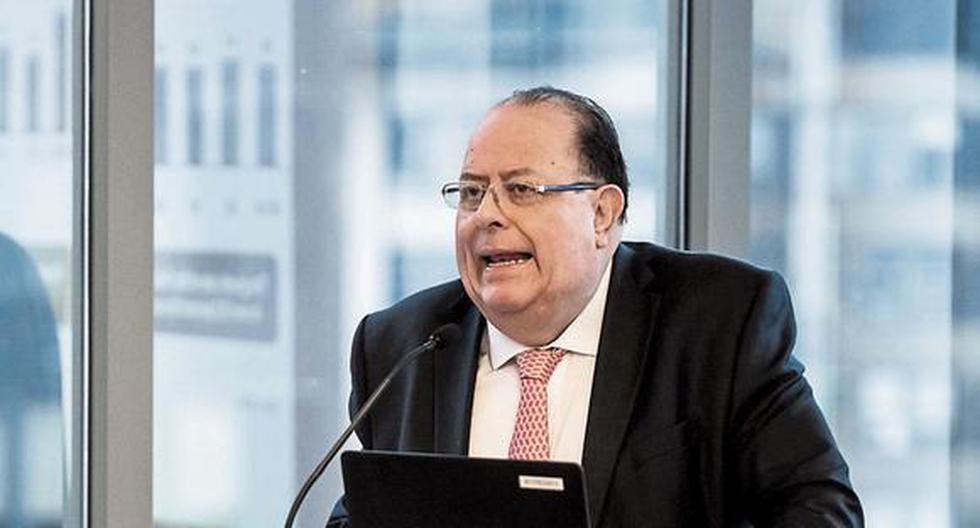Santo Domingo. – The Ministry of Public Health and Social Assistance (MISPAS), through the Directorate of Access to High Cost Medications (DAMAC), included 16 new children to that program, with an investment of RD$102 million, for a total of RD$414.3 million per year for the treatment of hemophilia for 43 minors.
The new beneficiaries were integrated into the Hemophilia Program, which is carried out in the children’s hospitals, Robert Reid Cabral, in Santo Domingo and the Doctor Arturo Grullón Regional University Children’s Hospital, in Santiago, with the provision of the drug Emicizumab, of which some 27 children had been favored with the treatment.
Dr. Karen Cepeda, director of DAMAC on behalf of the Minister of Health, Dr. Daniel Rivera, expressed her great satisfaction when announcing the provision of the high-cost drug Emicizumab to 16 new infants, with an investment of RD$102 million.
“It is a commitment of the Government and the Minister of Health, to work in favor of the protection of families and guarantee access to quality health care for all people, especially the most vulnerable groups in our country, who suffer from high-risk diseases. cost and complications,” he said.
In an act held to entertain the children, their families and the health personnel of the Robert Read Cabral and Arturo Grullón children’s hospitals, Dr. Cepeda said that “the Ministry of Public Health and the Directorate of Access to High-Cost Medications, With the inclusion, they continue to respond to Dominican families who cannot afford large treatments, which translates into the health and well-being of their offspring”.
He stated that thanks to the work of the pediatric units of the Robert Reid and Arturo Grullón hospitals, the number of visits to the emergency room by children with hemophilia has been reduced.
On her side, pediatrician Krismely Moya, in charge of the Hemophilia Program at Robert Read, when highlighting the impact that patients treated with Emicizumab have had, said that “children have recovered more than 80 percent of their mobility, allowing them to “walk, run and even ride bikes”.
He explained that “in the country there are 548 people diagnosed with hemophilia. “Knowing that they and their families have improved their quality of life fills us with joy and satisfaction, thanks to the support of Public Health, the Health Cabinet and the Presidency of the Republic,” he added.
In addition, Dr. Clemente Terrero, director of the Robert Reid Hospital, and Mrs. Haydee Benoit, president of the Hemophiliac Support Foundation, thanked MISPAS for the initiative, attention, and dedication to resolve the health situation presented by the patients in a timely manner. children.
Some of the benefited children were present at the meeting, accompanied by their mothers, who testified to the favorable outcome their children have had.
what is hemophilia
Hemophilia is an inherited bleeding disorder in which the blood does not clot properly. This can cause bleeding both spontaneously and after surgery or injury, caused by a mutation or change in one of the genes that gives the instructions for making the clotting factor proteins needed to form a blood clot.
